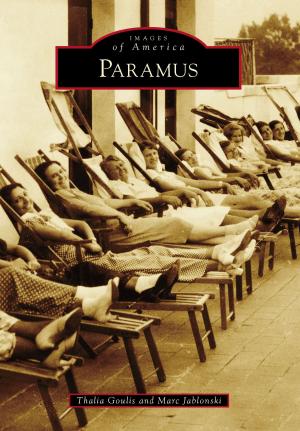The Immortal 600: Surviving Civil War Charleston and Savannah
Nonfiction, History, Military, Pictorial, Americas, United States, Civil War Period (1850-1877)| Author: | Karen Stokes | ISBN: | 9781625840578 |
| Publisher: | Arcadia Publishing Inc. | Publication: | April 30, 2013 |
| Imprint: | The History Press | Language: | English |
| Author: | Karen Stokes |
| ISBN: | 9781625840578 |
| Publisher: | Arcadia Publishing Inc. |
| Publication: | April 30, 2013 |
| Imprint: | The History Press |
| Language: | English |
In 1864, six hundred Confederate prisoners of war, all officers, were taken out of a prison camp in Delaware and transported to South Carolina, where most were confined in a Union stockade prison on Morris Island. They were placed in front of two Union forts as "human shields" during the siege of Charleston and exposed to a fearful barrage of artillery fire from Confederate forts. Many of these men would suffer an even worse ordeal at Union-held Fort Pulaski near Savannah, Georgia, where they were subjected to severe food rationing as retaliatory policy. Author and historian Karen Stokes uses the prisoners' writings to relive the courage, fraternity and struggle of the "Immortal 600."
In 1864, six hundred Confederate prisoners of war, all officers, were taken out of a prison camp in Delaware and transported to South Carolina, where most were confined in a Union stockade prison on Morris Island. They were placed in front of two Union forts as "human shields" during the siege of Charleston and exposed to a fearful barrage of artillery fire from Confederate forts. Many of these men would suffer an even worse ordeal at Union-held Fort Pulaski near Savannah, Georgia, where they were subjected to severe food rationing as retaliatory policy. Author and historian Karen Stokes uses the prisoners' writings to relive the courage, fraternity and struggle of the "Immortal 600."















